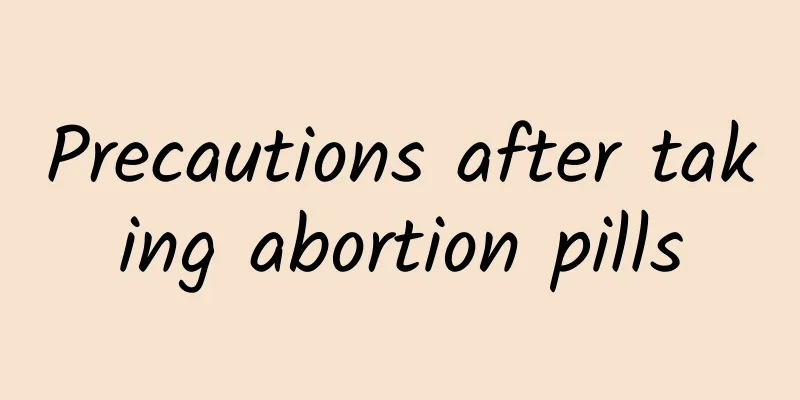Prostatic hypertrophy

|
Prostatic hypertrophy is a common men's disease. The incidence rate is mainly higher in elderly men. It is mainly a disease of the urinary and reproductive system. With the increase of age, the sexual function also declines. If some lesions occur in the prostate, if you suffer from prostate hypertrophy, you must receive timely treatment, otherwise it will cause some serious harm. At the same time, if it is not treated in time, it will affect the function of the kidneys. The main early symptoms are increased urination frequency, some nocturnal incontinence and some pain during urination. If you find such symptoms as frequent urination, urgency and difficulty urinating in daily life, you must go to the hospital for treatment in time. Therefore, prostate hyperplasia must be treated in time. Increased urination frequency: Whether during the day or at night, the frequency of urination is higher than usual, far exceeding the normal situation of 3 to 4 times during the day and 1 to 2 times at night. The time interval between urination is short, and there is a constant urge to urinate. Hesitant urination: When you feel the urge to urinate, you have to stand in the toilet and wait for a long time before the urine comes "slowly". The urine stream becomes thinner, the discharge is weak, and the range is not far. Sometimes it even drips from the urethra like a line. As the saying goes, "When people get old, their kidneys weaken and their urine wets their shoes." This is actually one of the manifestations of prostate hyperplasia. Nocturnal urinary incontinence is the uncontrolled flow of urine while sleeping at night. In severe cases, this phenomenon may also occur during the day. Painful urination and urgency. If urine in the bladder is not completely discharged, it can easily cause bacterial infection and cause painful and urgent urination. When urination is interrupted due to prostate hyperplasia, the crystals in the urine are easily aggregated to form bladder stones, causing sudden interruption of urination. Interrupted urination and the appearance of bladder stones in the elderly are strong "signals" of prostate hyperplasia. Prolonged rectal prolapse, bloody stool or "intestinal hernia" are caused by prolonged urination difficulties and increased abdominal pressure. Recognizing these early signs, going to the hospital for timely examination and active treatment can prevent the occurrence of complications. The above are the symptoms of prostate hypertrophy. Increased urination frequency may also lead to nocturnal incontinence and some pain during urination. If the prostate has some lesions, you must undergo timely treatment if you suffer from prostate hypertrophy, otherwise it will cause some serious harm. You must prevent cold, quit smoking and drinking, do not overwork, or eat spicy and irritating foods. |
<<: Symptoms of excessive lead
>>: Causes of calcium deficiency
Recommend
The changes in women 14 days after ovulation will definitely make you shy
What changes in a woman's body after ovulatio...
Garlic for cough
I think everyone should be familiar with garlic, ...
How to treat excessive oily body
Some friends find that their bodies often produce...
Will irregular menstruation cause the belly to get bigger?
Menstruation is a normal physiological phenomenon...
Precautions after bloodletting
Bloodletting therapy refers to using a needle to ...
What are the symptoms of overwork in pregnant women?
In fact, many people know that pregnancy is a ver...
There is always water flowing out of the private parts
For women, if there is always liquid flowing out ...
What to do about high blood pressure
Everyone's physical constitution is different...
Symptoms of benign maxillofacial tumors
Although everyone is destined to die, to be hones...
Effective treatment for urticaria
Urticaria is a common skin disease, while for oth...
What is the best way to treat favism?
Favism is not common in life, so many friends hav...
Difference between Chickenpox and Shingles
In life, many people confuse chickenpox and shing...
What to do if you have high uric acid and gout
Do you know what high uric acid is? This phenomen...
How long does it take to get your period after an abortion?
Nowadays, many women do not take good care of the...
The principle of hair growth by soaking Platycladus orientalis leaves in wine
Hair loss not only affects your image and tempera...









